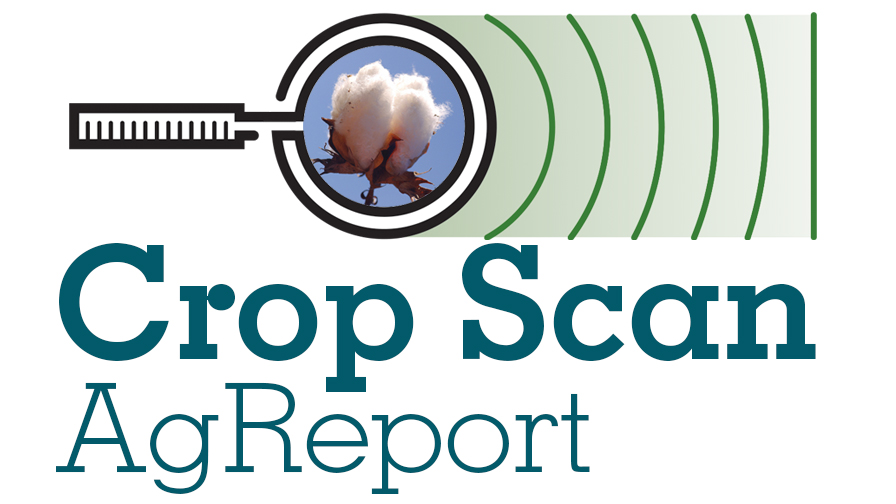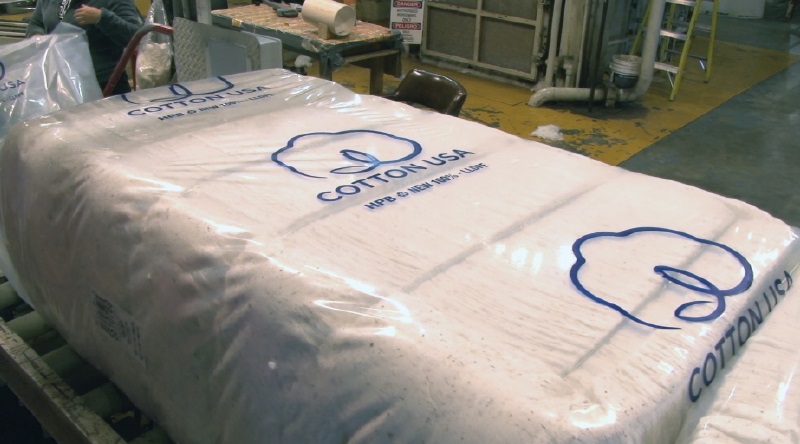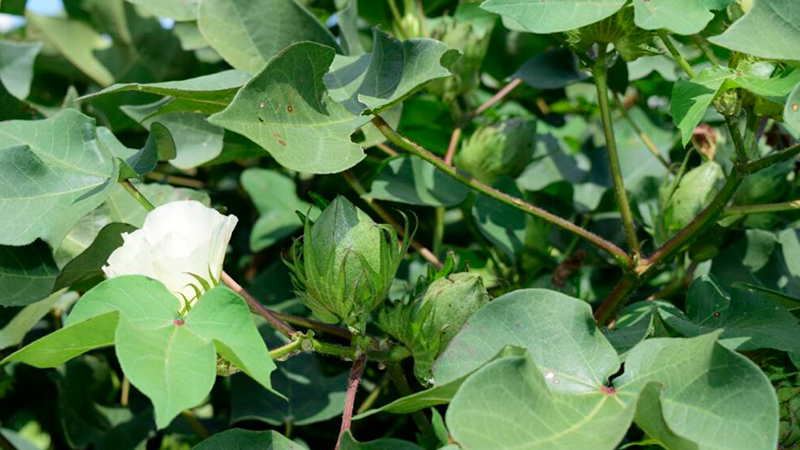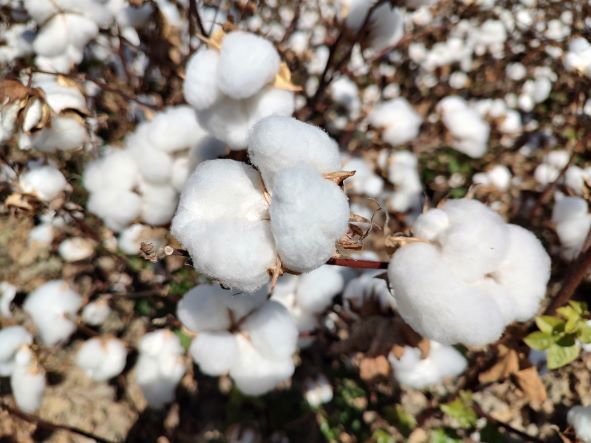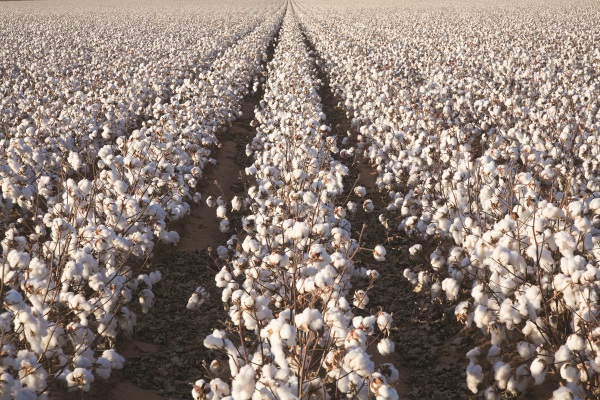How the Events of 2020 Have Impacted the Cotton Textiles Sector
The year 2020 keeps on giving, and the cotton textiles sector is not immune to multiple pressures.
With the arrival of autumn, harvest is on the horizon in the High Plains of Texas and a new cotton season begins in India on October 1.
This year started with lingering trade tensions between China and the United States – two leading producers of cotton. Tensions between the countries still continue at a bigger level, enhanced by the current pandemic.
Factors as varied as political, trade and the economy have caught up and have implications for the cotton and textile sectors in general. With mandatory lockdowns for six weeks in countries, including India, during the peak of the pandemic, industries are slowly gearing back to speed, reaching 70-80% capacity utilization.
The old adage “Consumers are King” holds true – and more importantly in these present times. With over 30 million people on some form of unemployment benefits in the United States, consumer confidence and spending will determine the near term fate of the global textile industry. With the U.S. Presidential election nearing, COVID-19 and the economy are the top primary factors among other ideological issues. These factors clearly influence the global textile and manufacturing sectors.
Cost competitiveness, good quality and value-added products are the way forward for the industry. The U.S. and Europe are still leading consumers, and the economy in these regions will determine the speedy recovery of the global textile industry.
Interestingly, the current global crisis is reshaping the global textile sector’s space with more eyes on East Africa, Vietnam and Bangladesh. While China is the 600-pound gorilla, continuing trade tensions, COVID-19 impacts and the Xinjiang issue are being watched carefully by competing countries like India that want to capture market share. Cotton exporting countries like the U.S. and Australia value China as a major player because of its buying power and need. However, attention needs to be paid to recent geopolitical conditions.
Cotton textile manufacturing giants like India are seriously expanding their product basket so that weak links such as finishing, garmenting and the synthetic fiber sector can enhance their strength against China. Given the strength of Bangladesh in its garment sector due to relatively low cost labor and beneficial trade agreements that exist for Vietnam and Bangladesh, developing value-added products and enhancing the product basket are viable options for India.
COVID-19 has clearly highlighted the need for technical textiles that go into making Personal Protective Equipment (PPE). More importantly, lack of continued investing in this sector, even in the U.S., has exposed its vulnerability in critical lifesaving products.
From my personal efforts for over 20 years in nonwovens and advanced textiles – both in the United States and India – it is clear that the technical textiles sector has gained momentum, which has to branch out into R&D investments and new products development using cost-effective sustainable materials and processes. It also highlights the fact that developments do not come overnight and need years of efforts in terms of both intellectual and capital investments.
Again, as a person involved with the development of the Indian technical textile sector since 1999, I could visualize how the industry came together to develop PPE products in this COVID-19 situation. This did not happen overnight, but with sustained government push for this sector since the early 2000s.
Market diversification and product enhancements have to be paid serious attention – a take home message from COVID-19 for the textile sector. Indeed, a mask is the new face of the world!




